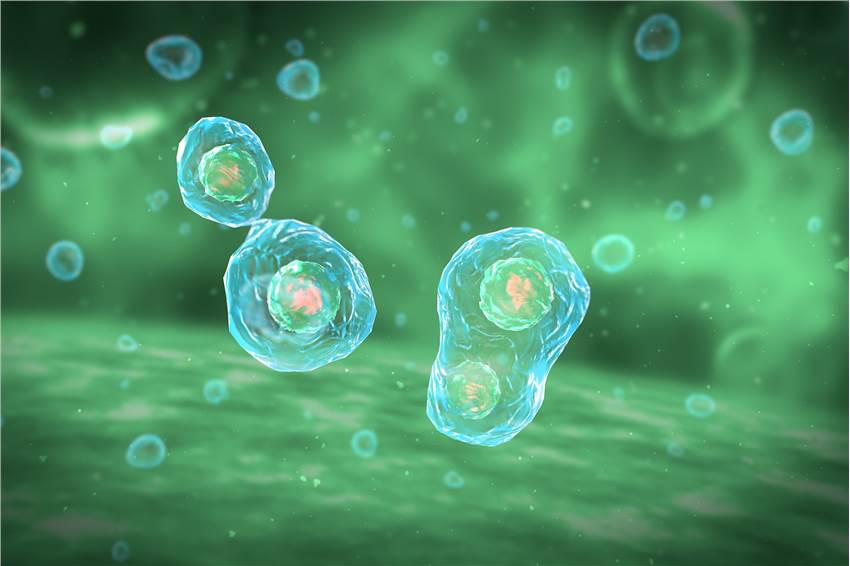Chromosomal mutations and associated events can cause many human genetic disorders. The purpose of the in vitro chromosomal aberration test is to detect structural aberrations in the chromosomes of cultured mammalian cells. Structural aberrations can be classified into chromosomal and chromosomal phenotypes. Most chemical mutagens induce chromosomal-type mutations, but chromosomal-type mutations can also occur.
Our company offers a professional in vitro mammalian cell chromosomal aberration test service to evaluate the mutagenic potential of the samples by testing whether they cause chromosomal aberrations in cultured animal cells. This service is not intended to detect chromosomal number aberrations.

Test Range
Veterinary drugs, pesticides, chemicals, fungicides, organic toxicants, solid waste, domestic waste leachate, hazardous waste, sewage, sludge, water quality, surfactants, etc.
About In vitro Mammalian Cell Chromosome Aberration Test Service
Test Method
Cultured mammalian cells are exposed to test samples under conditions with and without the addition of a metabolic activation system. Cells are treated with a mid-phase division blocker (e.g. colchicine or colchicine strands) to stop the cells in the mid-phase division and subsequently harvested, filmed, stained, and analyzed for chromosomal aberrations.
Test Cells
A variety of cell lines, cell lines or primary cell cultures such as Chinese hamster fibroblasts, human or other mammalian peripheral blood lymphocytes.
Our company maintains cell cultures using appropriate media and culture conditions. Established cell lines or cell lines are routinely verified for chromosome plurality and tested for mycoplasma contamination, and are not used if contamination is present.
Sample Preparation
Solid samples are dissolved or suspended in a solvent and diluted to the appropriate concentration prior to use. Liquid samples are added directly to the test system and/or diluted to the appropriate concentration prior to use. Samples are prepared fresh prior to use to ensure stability.
The solvents used do not react chemically with the subject and should have no effect on cell viability or S9 activity. Our preferred solvents are culture medium (without serum) or water. Dimethyl sulfoxide (DMSO) is also a common solvent (concentration should not be greater than 0.5%).
Control Groups
- We selected suitable positive controls based on the nature and structure of the samples. Positives that do not require an exogenous metabolic activation system are methyl methanesulfonate (MMS), ethyl methanesulfonate (EMS), ethyl nitrosourea, mitomycin C, 4-nitroquinolinc- N-oxide. Positives requiring an exogenous metabolic activation system are cyclophospharide.
- The negative control group contains only the same solvent as the sample group, no sample, and the other treatments are identical to the subject group.

In vitro Mammalian Cell Chromosome Aberration Test Report
- Test Summary.
- Specific information about the test sample, including active ingredients, appearance properties, the solvent used for formulation and method.
- Name of the cell line.
- Test conditions and methods: Metabolic activation system, control and concentration used, culture medium, mid-phase division blocker, treatment time, filming method, number of mid-phase divisions analyzed, and method of result evaluation.
- Test results:
(1) Determination of the highest sample dose and test results.
(2) Rate of chromosomal aberrant cells in each treatment and control group.
(3) The range, mean, and standard deviation of chromosomal aberration rates for positive and negative control groups in the history of this laboratory. - Test conclusion: Give the conclusion of whether the samples caused chromosomal aberrations in cells cultured in vitro under the test conditions.
For more information, please feel free to contact us.
Related Solutions
It should be noted that our service is only used for research, not for clinical use.


